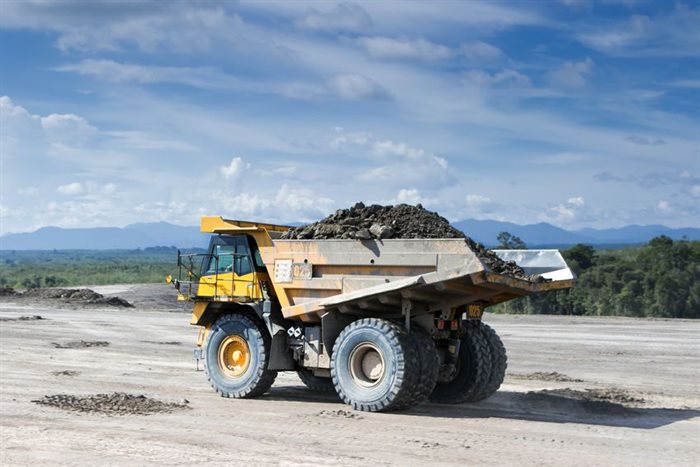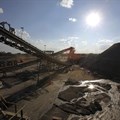The findings of this year’s report capture major themes and developments impacting the industry, especially the impact of the energy transition, which will shape the industry over the coming two decades. Miners will have to navigate the increasing role governments — and new players like automobile companies — are playing in the sector, while simultaneously ensuring they are well-positioned for the clean energy transition — which requires access to resources.
Given ongoing geopolitical uncertainty, the rapid shift to clean energy technologies and the importance of both these issues to national security and economic stability, governments around the world have taken swift action over the last 12 months to secure critical mineral supply and, in doing so, changed the playing field significantly. This includes swift action to form alliances, craft policies and laws, and fund initiatives that will help stabilise the supplies of critical minerals.
“Mining is playing a fundamental role in underpinning the global transition to clean energy, but the path ahead is rocky," says Paul Bendall, global mining leader, Mining & Metals, PwC Australia.
"A net zero world requires more mined critical minerals, not less, and the flow of industry dealmaking clearly reflects this. But the increasing rise of geopolitics as an influencing factor in global mining may complicate operations in an increasingly complex world with new actors.”
Critical minerals
Critical minerals dominated deal activity in 2022 as miners raced to capitalise on the global transition towards clean energy, driven by two forces. First, the role many of these minerals play in the clean energy transition technologies, such as batteries, electric vehicles, and solar and wind generation. Second, the role of critical minerals in national defence, technologies and weaponry.
In 2022, gold, copper, lithium, and cobalt exploration grew significantly. With increased demand, and limited supply for critical minerals, continued exploration investment for these minerals will be essential to the energy transition.
“Looking forward, the next 20 years have the potential to be as positive for the industry as the last 20 years," says Andries Rossouw, PwC Africa mining leader.
"Demand for critical minerals — which fuel a growing boom in sustainability requirements like electric vehicles — requires miners to reinvent and reimagine how they will best support their clients and stakeholders globally. The high-demand era of critical minerals is now. It’s full of opportunity; but for those miners who do not reimagine and reinvent their operations by finding the right value-chain partners, they will likely miss out on the opportunity.”
Mergers and acquisitions
While the total value of top 40 M&A was steady in 2022 compared to 2021, the composition of those deals changed significantly. Critical-mineral deal value increased by 151% compared to 2021, making 66% of total deal value over the year. Gold deals, on the other hand, fell by 50%, possibly signalling the end of the precious metal’s dominance of M&A over the past several years.
Copper was 2022’s hot commodity, representing 85% of all critical mineral transactions and 56% of total top 40 M&A. As a crucial metal in the shift towards sustainable energy, copper is expected to remain in high demand as renewable energy sources take priority.
Miners will also need to work with other industries, such as car companies and battery manufacturers as original equipment manufacturers (OEMs), through joint ventures, partnerships and offtake agreements to secure supply. As governments incentivise the production and processing of critical minerals, we expect OEMs to make more direct investments in mining and processing assets, increasing the competitive landscape for growth assets and M&A.
Read PwC’s 2023 Mine: The era of reinvention report here.



















